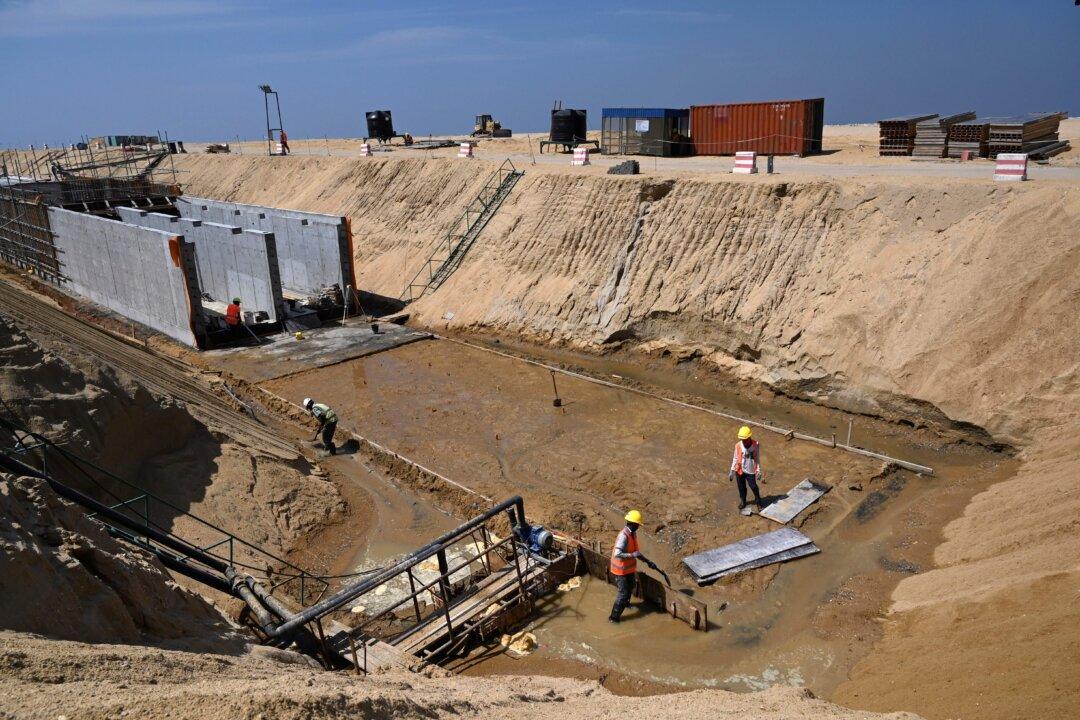China’s mega infrastructure project, the Belt and Road Initiative (BRI), falls short by over $50 billion in financing while more than 60 percent of its projects remain unfinished in Southeast Asia, according to a new report.
Some China observers say the BRI, also known as “One Belt, One Road,” has become Chinese leader Xi Jinping’s most expensive failure, which could take down the Chinese Communist Party (CCP).




